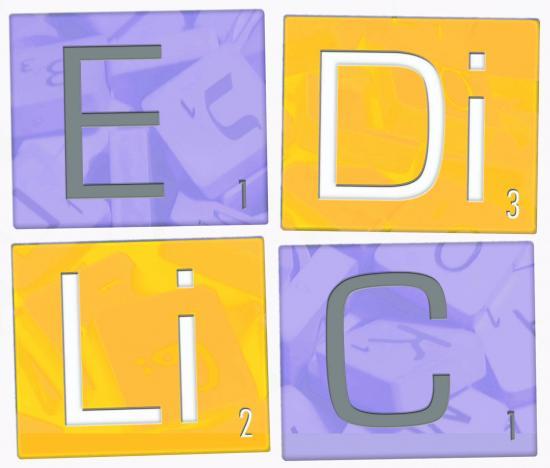Themes
6th EDiLiC Conference - Győr - Hungary - 7, 8 and 9 July 2016
Towards an inclusive, ethical and plurilingual language education
Axis 1. Awakening to Languages and other pluralistic approaches for an inclusive and ethical education
"Inclusive education [...] means considering changes to education systems to respond to the diversity of learners. [...] (Web Portal UNESCO). To what extent do Awakening to Languages and other pluralistic approaches contribute to the implementation of inclusive education, by taking into account all the languages of the learner? How can they strengthen links between communities: relationships between teachers, pupils, between the school and parents and society in general? What educational practices can be used to implement these approaches in an institutional framework, in both formal and informal settings? How can Awakening to Languages and other pluralistic approaches help us accommodate allophone students from immigrant backgrounds at school? How can they help us accommodate students with other forms of ‘otherness’: blind students, deaf students, etc.….? How can they support the introduction to literacy in a multilingual context? In what ways can they contribute to the more efficient teaching of languages in terms of time and competencies?
Axis 2. Awakening to Languages and other pluralistic approaches in the curriculum
How has the position of the Awakening to Languages approach changed in language policy? What curricular developments have occurred that aim to integrate all the languages of the learner: first language, school language, other languages learned? Have activities that cater for Awakening to Languages and other pluralistic approaches been integrated into the curriculum? Do curricular programs include a reflection on the assessment of such learning? Are there any teaching resources to support these curricular developments? How are the linguistic dimensions of non-linguistic subjects catered for in the programs (academic skills, literacy)?
Axis 3. Awakening to Languages, other pluralistic approaches and training practices
Are Awakening to Languages and other pluralistic approaches included in teacher training courses? In what ways? Do teachers express a need to receive training in Language Awareness and other pluralistic approaches? What is the feedback from such training? Does this training genuinely change teachers’ classroom practice? What are the factors that support or impede teachers’ representations while implementing pluralistic approaches? Are pluralistic approaches included in training programs other than those for teachers, in particular to help individuals better integrate into a labour market characterized nowadays by ‘otherness’? What socio-linguistic and language policy issues are raised by the implementation of such training?
Axis 4. Pluralistic approaches in the work place
What is the relevance and contribution of pluralistic approaches in preparing individuals for the work context? Is there a genuine will to maintain plurilingualism in multinational companies? Is linguistic and cultural diversity perceived as an asset to competitiveness, as a challenge, an obstacle or as an opportunity? What are the practices and needs, in terms of plurilingualism, of companies with different hierarchical levels and performing different jobs? How can pluralistic approaches contribute to business needs in the field of intercultural training?

